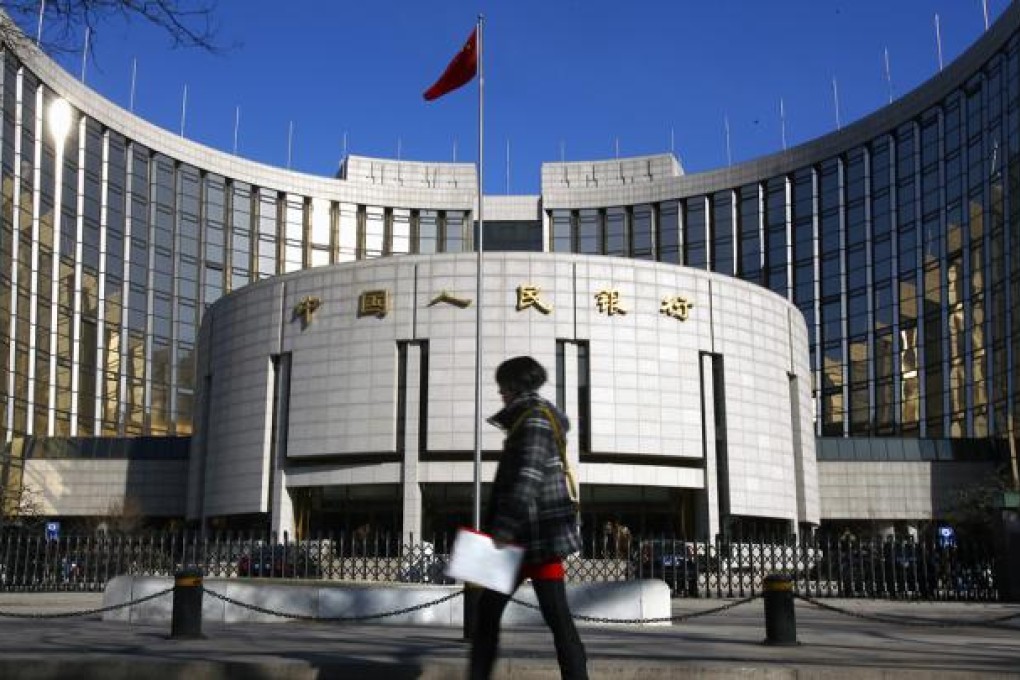China's central bank to focus on controlling risks in financial system
It may signal concern that non-bank lending will lead to defaults that could trigger social unrest

The central bank says it will focus on controlling risks in the financial system and seek "stable and appropriate" growth in aggregate financing - a measure of funding that includes loans, stock and bond sales.

The PBOC's addition of "controlling risks" as a policy objective may signal growing concern that a surge in non-bank lending over the past two years will lead to defaults that could trigger social unrest. Citic Trust, a unit of the nation's biggest state-owned investment company, said on December 21 that it missed a biannual payment to investors in one of its wealth management products after a steel company did not make interest payments on the underlying loan.
Regulators "may tighten control on the quality and quantity of credit supply, particularly through non-bank channels such as trust loans" in the first half of next year, said Zhang Zhiwei, chief China economist at Nomura Holdings in Hong Kong. A slowdown in credit growth would result in a moderation in economic expansion, he said.
The central bank last year introduced aggregate financing as an indicator designed to capture broader funding sources in the economy with such money raised through trust investment products and bond and stock sales.
The wording "stable and appropriate growth" of aggregate financing in the PBOC statement differed from previous statements that referred to a "reasonable scale" of financing.
Loans made outside the formal banking system, including funds raised through wealth management vehicles that offer higher interest rates than bank deposits, expanded at a faster pace than bank credit this year.